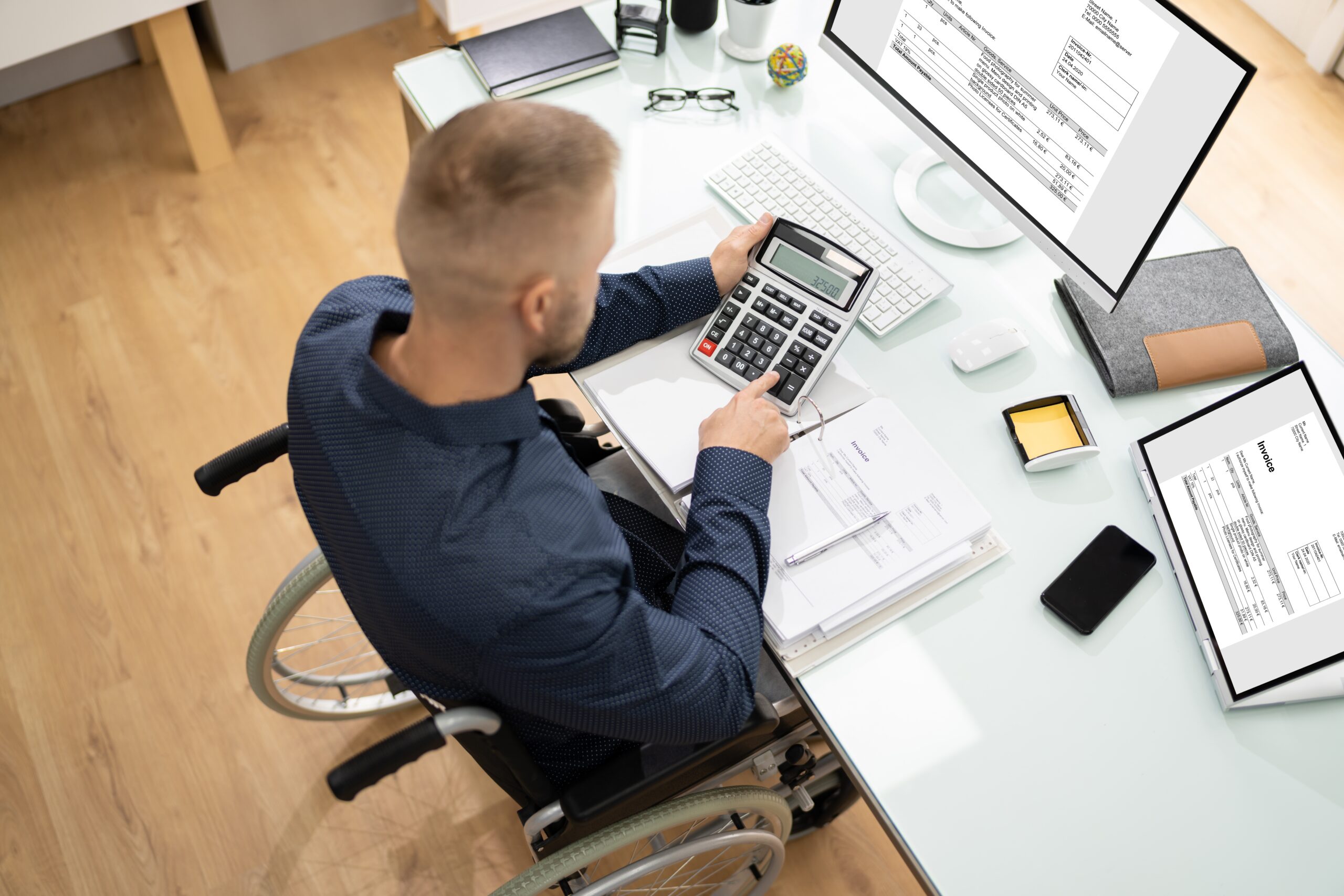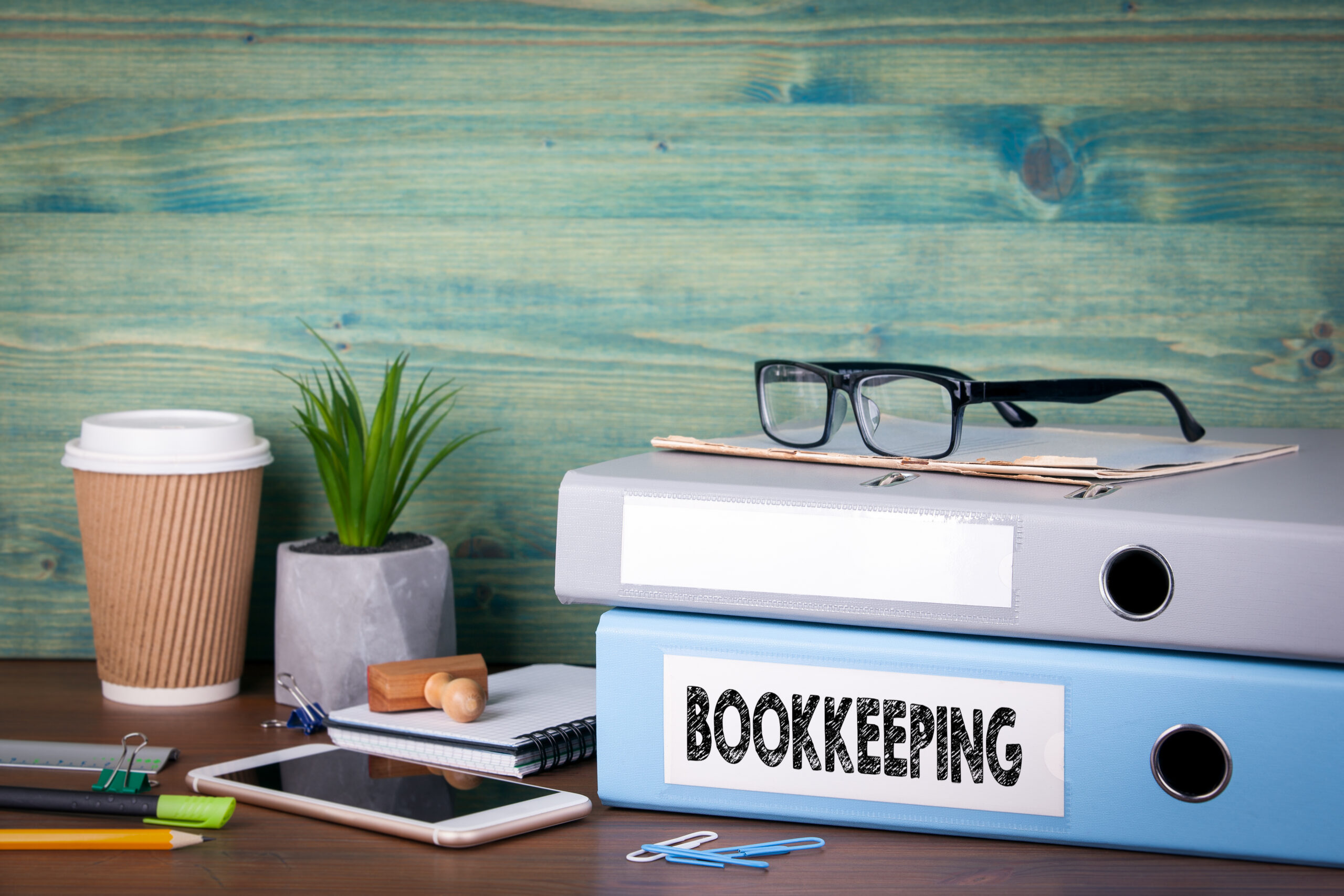The ultimate guide to accounting for sole traders

The sense of independence and freedom you’ll feel as a sole trader is amazing, but there are important administrative tasks to follow before your adventure begins.
As a sole trader, you’ll classify as self-employed and have your own set of tax rules and regulations to follow – but don’t worry! We’re here to talk you through the rules you’ll have to follow to keep all your books balanced, and as qualified accountants we are the people best placed to handle and support sole trader accounts.
Starting your journey and opening your business!
If you’re looking to take the exciting steps of setting up your own business, being your own boss and working for yourself independently, then you have several options. You can choose to create a limited company for yourself, establish a partnership with another person, or you might be looking to set up as a sole trader.
Each one of these business structures is slightly different, with various approaches as to how you should approach accounts and bookkeeping. You can find out more about it in our blog, what’s the difference between sole trader and limited company?
Am I a sole trader?
If you run your own business as an individual and consider yourself to be self-employed, this means that you should set up as a sole trader. If you’re self-employed then this means you work for yourself, and not for another employer. A sole-trader is a self-employed person, but they are the sole owner of their business.
If the following applies to you and your business, then you must set up as a sole trader:
- If you earned more than £1,000 from self-employment between 6 April 2019 and 5 April 2020
- If you need to prove you’re self-employed (to claim Tax-Free Childcare, for example)
- If you want to make voluntary Class 2 National Insurance payments to help you qualify for benefits
As a sole trader, you can keep all your business’s profits after you’ve paid the appropriate tax on them. On the other side of the coin, you’re also personally responsible for any losses your business makes.
How do I set up as a sole trader?
In order to set up as a sole trader, you need to tell HMRC so that you are able to pay tax through your Self Assessment tax return. You’ll need to file a tax return every year and keep a close eye on your finances – but our accounts team can help you with this side of your business.
You can take the steps to set up as a sole trader either through the Government portal or with the hands-on, supportive help of our sole trader accounts team.
What responsibilities do I have as a sole trader?
Whilst being a sole trader and being your own boss is an exciting way to do business, there are some important responsibilities to take care of each month.
These responsibilities include:
- Keeping records of your business’s sales and expenses
- Sending a Self Assessment tax return every year
- Paying Income Tax on your profits and Class 2 and/or Class 4 National Insurance
How am I taxed as a sole trader?
No matter how you run your business, it’s incredibly important to know about the taxes you have to pay.
As of the tax year 2020/2021, the standard Personal Allowance is £12,500. This means that if you operate in the UK, this level of profit won’t be taxed. So if you’re a sole trader, you won’t have to pay tax unless you’re earning £12,500 or above. However, whether you need to pay tax or not, you’ll still need to complete a Self Assessment Tax Return.
You should also make yourself aware of tax bands as a sole trader. There are three basic tax bands: the basic rate, the higher rate and the upper rate:
- The basic rate tax band is 20% and applies to you if your income reaches £50,000.
- The upper rate band is 40% and applied to you if your income is between £50,501 to £150,000.
- The additional upper tax band is 45% and applies to you if you’re registering an income of £150,000 or more.
Paying National Insurance as a sole trader
Within three months of becoming self-employed – as you will be as a sole trader – you need to inform HMRC so they can make sure you’re paying National Insurance and provide the details required for you to complete a self-assessment tax return each year. You’ll need to apply for a National Insurance number if you’re moving to the UK to set up a business.
If you’re a sole trader, you may have to pay two types of National Insurance as you fall under the self-employed category:
- You’ll have to pay Class 2 National Insurance if your profits are more than £6,475 a year
- You’ll have to pay Class 4 National Insurance if your profits are more than £9,501 a year
You’ll be able to pay your National Insurance through the self-assessment form we previously mentioned. There are also some more specific rules that the government covers through their portal.
A quick note on VAT
If your turnover is over £85,000 that’s excellent news! But it also means you’ll have to register for VAT. You can also register voluntarily if your turnover is below the limit and if that suits you and your business – ie. if you sell to other businesses that are VAT-registered and you want to reclaim the VAT.
This may all sound a bit daunting, but our sole trader accounts support can help you stay on top of all your responsibilities as an independent, sole trading business.
Should I open a business account?
As a sole trader, you and your business are considered one entity, which means that you don’t legally need a business bank account. However, it’s incredibly useful to have a business bank account and we highly recommend that you set one up! By having a business account, you can keep your business’ finances separate from your own personal incomings and outgoings, which makes your business far easier to manage. This more streamlined approach to your finances will make it much easier to file your self-assessment tax return too.
You’ll be able to open to a business account with most major banks, traditional and challenger banks alike – just be sure you check them all out and see what features they offer before you decide which one is best for you. The small cost of opening a business account is nothing compared to how helpful the account will be for your business!
Find out more about setting up a business bank account on our blog.
Naming your business as a sole trader
You have to follow certain rules on running and naming your business as a sole trader. You can trade under your own name, or you can choose another name for your business.
When it comes to naming conventions, there are a few important things to keep in mind. Your name should not:
- Include ‘limited’, ‘Ltd’, ‘limited liability partnership’, ‘LLP’, ‘public limited company’ or ‘plc’
- Be offensive or harmful in any way
- Be the same as an existing trade mark or infringing on any registered copyright.
It’s a good idea to register your name as a trademark too – this stops anyone from trading under the same name as your business.
The government portal has a handy guide as to which words you might need permission to use in your business’ name, and who you need permission from.
Tips on keeping organised as a sole trader
Alongside helping you keep on-top of your responsibilities as a sole trader, we thought it’d be helpful to include some useful advice for you.
- Start keeping a record – If you keep a record of your business’ incomings and outgoings – and decide to follow our advice and create a business account – then you’ll find it a lot easier to pay your taxes.
- Hold on to your receipts – When the self-assessment deadline approaches, you’ll be glad you kept all your receipts on-hand! Receipts are an important part of keeping track of any spending to do with your business. Either compile a folder of your receipts, take a photo each time or use a business app – like Mazuma’s app – to make sure you have all your info in one place.
- Claim expenses where you can – If you’re a sole trader and working from home, you may be able to claim some money back via business expenses. Whether it’s travel expenses, business rates on rent, office equipment or advertising spending, there are lots of hidden costs that come with running your own business that you can claim back.
- Prepare for taxes – This is an important one – always be prepared for taxes! You should try to put away around 20% of your earnings every month to avoid getting caught out by the tax bill.
Mazuma is here to help!
We know – there’s a lot to think about when it comes to managing your accounts as a sole trader! Fortunately, Mazuma is on-hand to help you with claiming expenses, tax returns and any other services you may need for as little as £32 plus VAT per month.
We’ve proudly helped sole traders with our hassle-free accounting services for over 14 years – so you can be assured that you’ll be in safe hands! Please don’t hesitate to drop us a line or get a free quote and discover how we can help.






